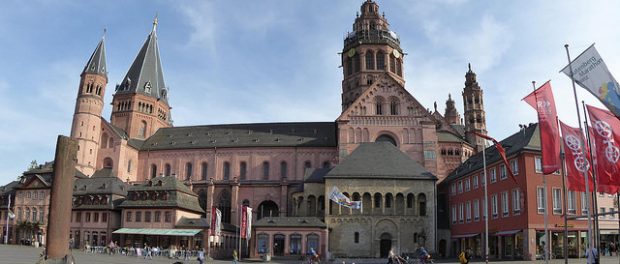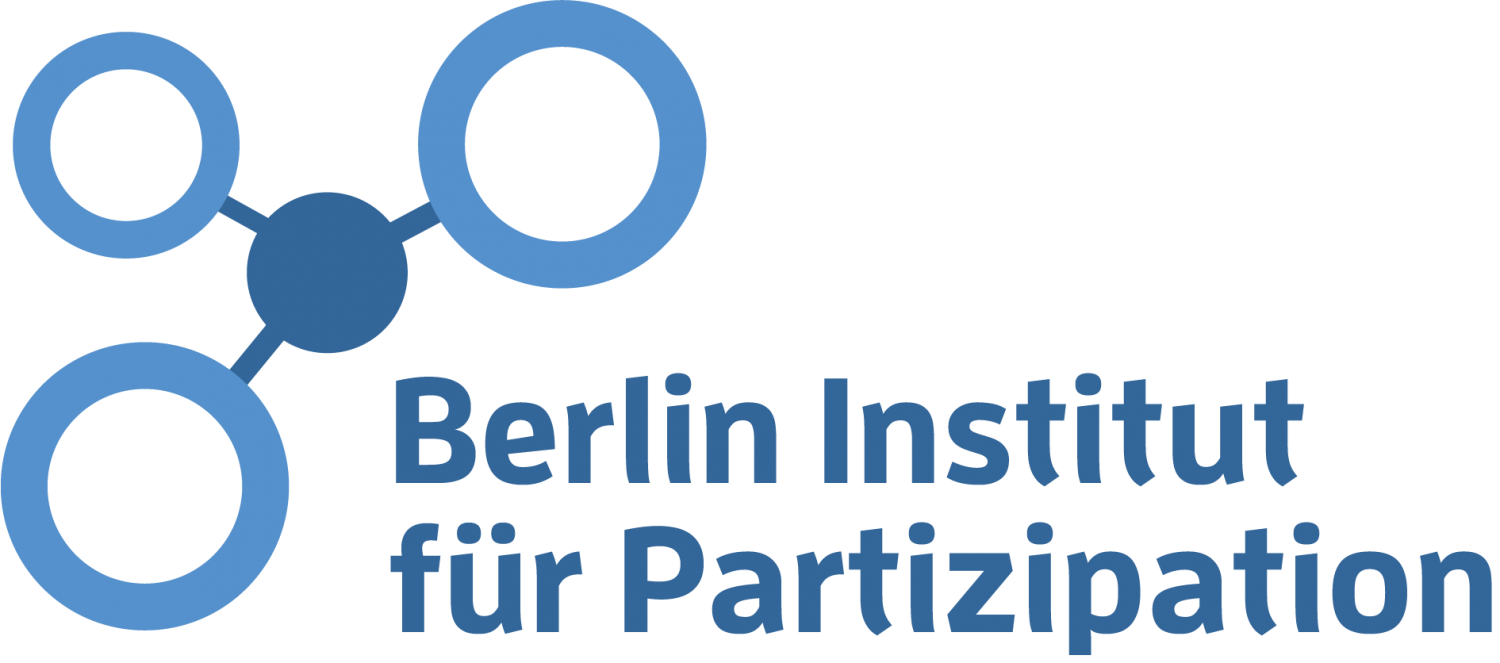Veranstaltung: Mainz beteiligt
 Foto: JTWS85 via Flickr.com, Lizenz: CC BY-NC-ND 2.0
Foto: JTWS85 via Flickr.com, Lizenz: CC BY-NC-ND 2.0
Nächsten Mittwoch, den 26. Oktober 2016 um 19 Uhr, lädt die Stadt Mainz seine Bürgerinnen und Bürger zu der Veranstaltung „Leitlinien zur Bürgerbeteiligung – Verbindlichkeit als Chance?“ im Rathaus (Valencia-Zimmer) ein.
Der Abend ist als Fortsetzung der letztjährigen Diskussion bezüglich der Fragestellung „Bürgerbeteiligung und repräsentative Demokratie in der Kommune – Widerspruch oder Zukunft?“ gedacht. Damals wurde das häufig entstehende Spannungsfeld zwischen bürgerschaftlichem Engagement und unserer verfassungsrechtlich vorgesehenen repräsentativen Demokratie thematisiert. Besonders eingehend wurde die Frage nach der Verbindlichkeit von bürgerschaftlichen Empfehlungen für die verschiedenen Beteiligten in Verwaltung, Politik und Bürgerschaft besprochen, wie der Mainzer Oberbürgermeister im Programmheft für die kommende Veranstaltung resümiert.
Kommenden Mittwoch soll nun ein Leitfaden der Stadt Mainz zusammen mit den Bürgerinnen und Bürgern für mehr Beteiligung entwickelt werden.
Weitere Informationen finden Sie auch auf der Seite des Bürgerforums Mainz.
Literaturhinweise
Auswahlverfahren für Endlagerstandorte - Empfehlungen des AkEnd Forschungsbericht
Bundesamt für Strahlenschutz (BfS) 2002.
Massenmedien und lokaler Protest Buch
Westdeutscher Verlag, Opladen, 2002.
Deliberative Democracy and Beyond: Liberals, Critics, Contestations Buch
Oxford University Press, 2002, ISBN: 9780199250431.
Neue Formen politischer Beteiligung Buchabschnitt
In: Ansgar Klein; Ruud Koopmans; Heiko Geiling (Hrsg.): Globalisierung, Partizipation, Protest, S. 255-274, Leske+Budrich, Opladen, 2001, ISBN: 978-3-322-94936-3.
New Options for Participatory Democracy Buchabschnitt
In: Chiranji Yadav (Hrsg.): Perspectives in Urban Geography, City Planning: Administration and Participation, Concept Publishing Company, New Delhi, 1986.
Zukunftswerkstätten: Wege zur Wiederbelebung der Demokratie Buch
Goldmann Verlag, München, 1983.
Theorie des Kommunikativen Handelns Buch
Suhrkamp Verlag, Frankfurt am Main, 1981.
A Ladder of Citizen Partizipation Artikel
In: Journal of the American Planning Association, Bd. 35, Nr. 4, S. 216-224, 1969.
